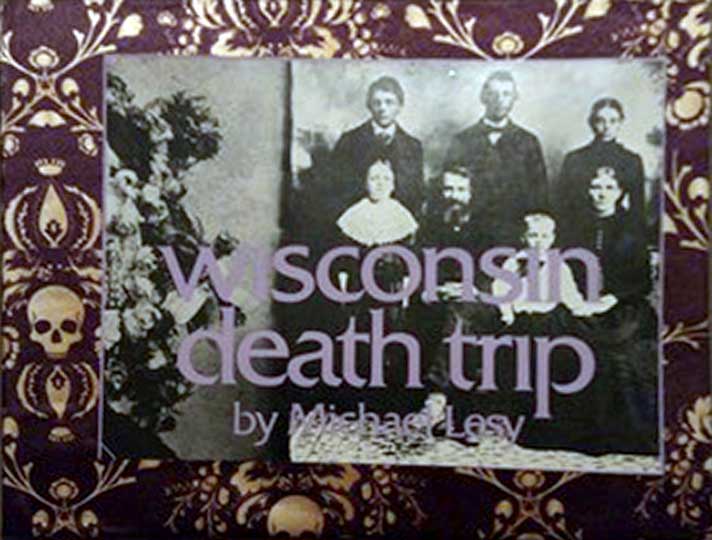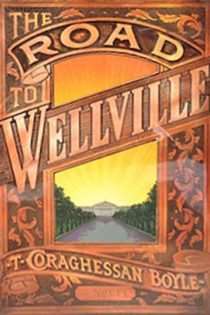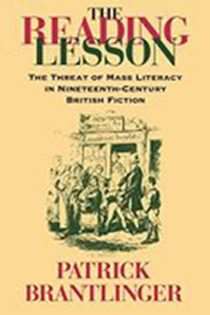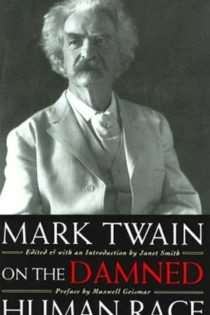References
“Psycho-History
by Bonnie Stowers
Press-Gazette Correspondent
WISCONSIN DEATH TRIP, by Michael Lesy (Pantheon Books; $5.95 paperback, $15 hardcover)
Michael Lesy’s first book offers American history students a ripe new field of inquiry (psycho-history) and each reader a consciousness-expanding and unforgettable experience.
The reader accustomed to sugar-coated accounts of U.S. pioneer days must proceed at his own peril, however, for ‘Wisconsin Death Trip’ will prove a disappointment to the nostalgic who insist on finding goodness in ‘the good old days.’
For as Lesy so clearly demonstrates – through photographs covering the period from 1890 to 1910, culled from the files of the Wisconsin State Historical Society, excerpts from Mendota State Hospital admission records, and turn-of-the-century newspaper accounts – Wisconsin residents of less than a century ago fared poorly when they managed to survive at all.
Epidemics, arsons, suicides, insanities, drug addiction, poverty and starvation were run-of-the-mill events in the lives of our forefathers, who saw their children die of diphtheria, smallpox and unknown illnesses while they were sentenced to live.
The psychological-political implications of this rugged life are skillfully handled in Lesy’s conclusion, which provides a surprising interpretation of the role of the ‘pioneer days’ played in forming the American character.
As Lesy warns us in his introduction, ‘meanings, not appearances’ are the stuff that fills ‘Wisconsin Death Trip’ and gives it life.
To interpret those ‘meanings,’ Lesy relied on American sociologists, Wisconsin statisticians, chroniclers like Sinclair Lewis, Hamlin Garland and Glenway Wescott and psychologists Erik Erikson, R.D. Laing and Sigmund Freud.
Where their work ended, Lesy’s begins.
‘Wisconsin Death Trip’ tills the dark fields of the human mind. And thanks to Lesy; we find that even the hardest times yielded their own rich harvest.”
– Green Bay Press-Gazette, Green Bay, Wisconsin, 7 Oct 1973
Notes
Rebound

















